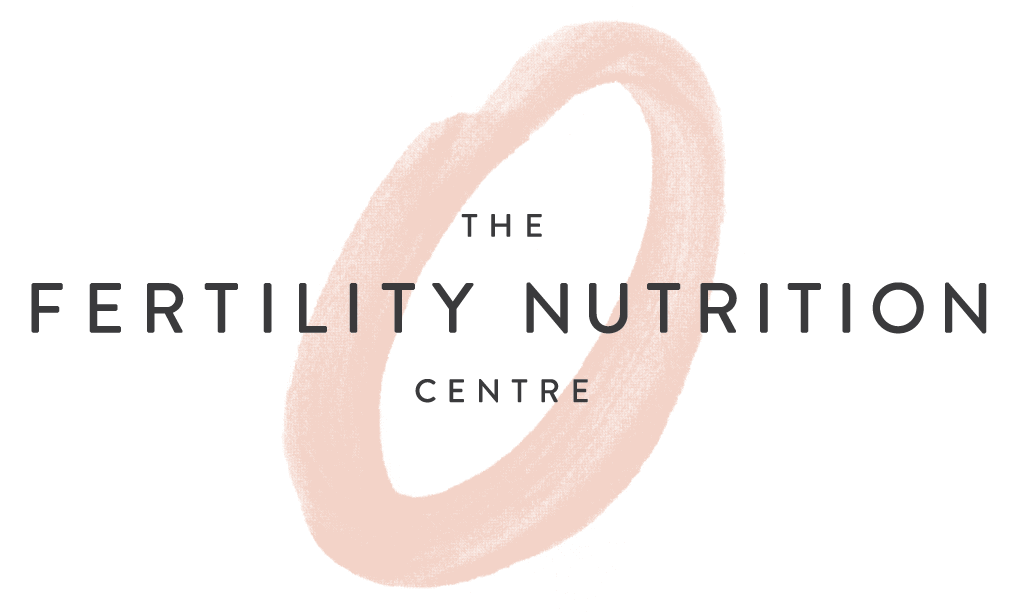So you’re trying for a baby. Chances are if you’re reading this then you might be struggling in your TTC journey. But can someone telling you to eat your greens really make a difference between infertility and having a successful pregnancy? Let’s take a look at what nutritional therapy for fertility actually is and whether it is worth the investment.
‘Trying to conceive’ is very much an umbrella term and can encompass a broad range of circumstances. This might include:
- You’re just beginning on your journey and wondering if there’s stuff you should be doing
- You’ve been trying for a while and nothing’s happened
- You’ve had investigations and got ‘unexplained’ infertility
- You have a condition known to impact fertility such as endometriosis, fibroids or PCOS
- Your partner has issues with his sperm that have been picked up in testing
- You’re undergoing some kind of fertility treatment like medicated cycles
- You’re preparing for IVF
- You’ve had IVF and it hasn’t worked
- You don’t qualify for IVF
- You’ve conceived but lost the baby
- You’ve had a child before but you’re struggling to get pregnant again
So if you sit anywhere on this list (or anywhere in between) then there is something that nutritional therapy can offer you.
“But my doctor said nutrition won’t make a difference.”
If we go back to the basic ingredients of baby-making, it comes down to the egg and the sperm. We know that eggs take around four months to mature, and sperm is produced in cycles of 2-3 months meaning that what we do with our diet and lifestyle in the months prior to conception makes a huge difference. Then you tie into it the complex myriad of other factors that it takes to have a successful pregnancy: hormones, biomechanics such as uterine and cervical positioning, genetics, DNA transcription, the immune system, thyroid function, the vaginal ecology, toxic load, nutritional status. It really is a delicate balancing act to ensure that everything is functioning as it should.
Something I often hear is ‘but I’ve been to my doctor/had tests and everything was fine!’, or ‘my doctor said nutrition can’t make a difference anyway’. Well, in fact, there is new evidence emerging all the time that looks into the impact of nutrition and lifestyle on having a healthy pregnancy. And the sad truth is that many of the standard tests that are done on the NHS are just nowhere near in depth enough to uncover what might be going on under the surface. Seeking help only via the conventional medical system has issues such as:
- GPs are too busy and too underfunded to give you the time and resources you really need
- The NHS is overstretched, fertility clinics have long waiting lists and often set criteria to even get investigated
- Private fertility clinics can nudge you toward IVF without looking into your personal circumstances in a holistic manner because this is what makes them the most money.
Whilst conventional medicine can create amazing results, conventional medicine plus nutritional therapy can really maximise your chances of getting and staying pregnant. This is because nutritional therapy is about so much more than just eating your greens. It is a whole body (and indeed whole life) approach which covers your individual biology and personal circumstances and operates by the ethos of getting to the root cause of an issue rather than just sticking plasters on a symptom.
Take a look at these case studies
Take Jenny for example. Jenny is 32 and was diagnosed with PCOS in her twenties following a family history and an absence of periods. She is trying for a baby but has been told following a day 21 blood test that she didn’t ovulate and has been referred to a fertility clinic who are recommending IVF, but her BMI is too high and she’s been told to lose weight and come back in three months.
Then you have Laura. Laura is 40 and has suffered multiple miscarriages and been told she has ‘PCOS’ based on an ovarian scan which revealed ovarian cysts. Her partner’s sperm had poor morphology on testing but this has always been downplayed as the ICSI treatment she has been undergoing means the sperm gets washed and therefore ‘should be fine’. Her clinic however have told her that because of her age, her chances now of conceiving and carrying a pregnancy to term are very slim.
Jenny and Laura have both been diagnosed with ‘PCOS’ though this looks very different for the two women and their individual circumstances are unique from one another.
Jenny started working with a nutritional therapist to help her lose the weight for her fertility treatment and in doing so found that she had her first natural period since before she went on the pill when she was 17. She had some in depth hormonal testing done under the guidance of her nutritional therapist and this indicated that she did ovulate on day 22 of her cycle and this had been completely missed by the blood test she had done on day 21. Feeling inspired by these results, she decided to hold off on IVF for a few months and managed to conceive naturally within a year.
Laura sought the help of a nutritional therapist after feeling like she was running out of time and running out of options. She had already spent a huge amount of money and undergone four rounds of ICSI and felt completely helpless. Tests revealed that her partners sperm had a high degree of DNA fragmentation and that her own progesterone was on the low side. Both Laura and her husband had extremely high stress jobs and their relationship had become fractured as a result of their longstanding fertility journey. They underwent a thorough protocol for six months to improve their egg and sperm health and address their stress levels and relationship issues before undergoing their final round of ICSI. After a successful transfer, Laura finally made it to the 12-week mark and looks forward to expecting her baby in the summer.
It’s never too soon to work with a nutritional therapist
These case studies demonstrate that working with a nutritional therapist is like having someone hold your hand through an already incredibly emotional journey, to take a deep breath with you and help you clear the fog and see more clearly what you are actually dealing with. Helping you understand not just the what, but the WHY, and being guided on your journey, wherever you are in that journey, to truly maximise your chances of making your dreams for motherhood come true.
Some of the reservations we often hear are:
- “I don’t feel as though I need help just yet.”
- “I can’t afford it right now.”
- “We are saving for IVF so it’s too much money.”
This means, sadly, that we sometimes only see people when they have run out of options and are desperate. Although nutritional therapy can help you to maximise your chances of success, it is not a magic bullet, and like everything else, the sooner your issues are identified and addressed, the easier it will be to get the results that will turn your life around and step into the role of the mother you’ve always known you are. Sometimes as nutritional therapists we tear our hair out wishing that someone had come to us just a few years earlier to avoid heartbreak or before having to remortgage their house to pay for that gazzilionth round of fertility treatment.
So, if you are on your fertility journey, no matter whereabouts on that journey, I would love to hear from you.





